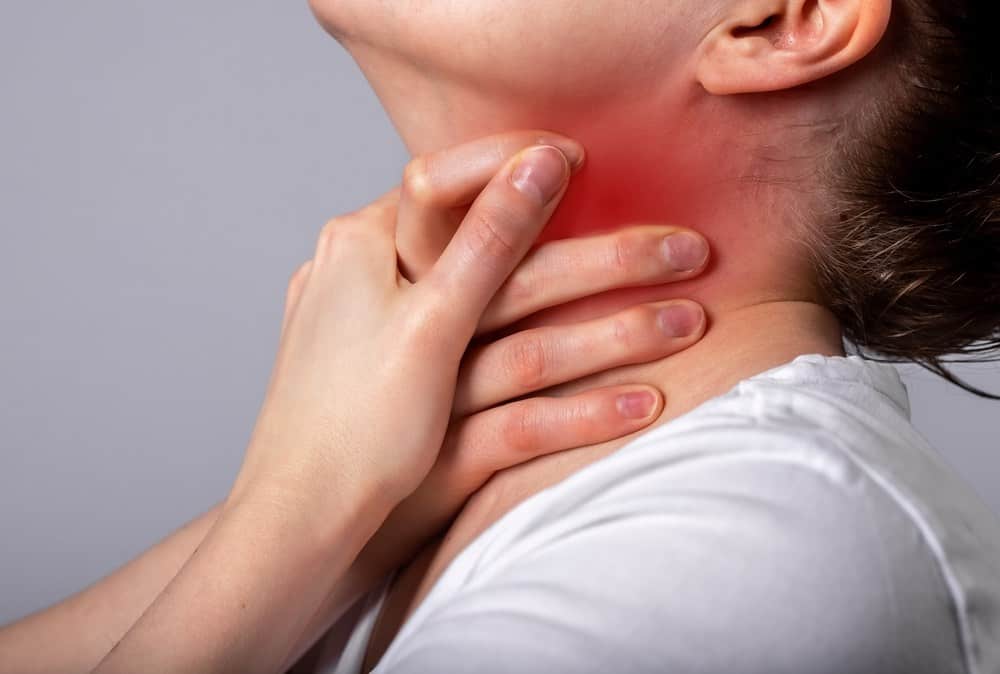⚡ Dangers of Dismantling Lithium-Ion Phone Batteries
1. What a Lithium-Ion Battery Is
Lithium-ion (Li-ion) batteries are rechargeable energy cells used in smartphones, laptops, and many other electronic devices. Inside them are very thin layers of:
Anode: usually made of graphite
Cathode: made of lithium-metal oxides
Separator: a thin plastic membrane soaked with an electrolyte solution
These layers are tightly rolled or folded inside a metal pouch or shell. The battery works by moving lithium ions between the anode and cathode during charging and discharging.
—
2. What Happens When a Battery Is Opened or Damaged
When the protective casing is opened, pierced, or bent:
The electrolyte is exposed to air, releasing toxic gases.
Chemical reactions with oxygen and moisture generate heat and can cause smoke, fire, or explosion.
The released fumes contain organic solvents and hydrofluoric acid, which are highly irritating and corrosive.
—
3. Health Risks and Symptoms
Direct exposure to leaking or decomposing lithium-ion batteries can cause:
Eye irritation or burns: redness, pain, watery eyes, blurred vision
Skin irritation: burning, itching, chemical burns
Respiratory symptoms: coughing, shortness of breath, sore throat, dizziness
Headache or nausea from inhaling fumes
If you experience severe symptoms, it’s very important to seek medical help immediately.
—
4. What to Do If You’ve Been Exposed
1. Leave the area immediately — move to a place with fresh air.
2. Avoid touching your eyes, nose, or mouth.
3. Wash affected skin with plenty of water and mild soap.
4. If fumes were inhaled, breathe clean air and rest.
5. If eye contact occurred, rinse eyes gently with water for at least 10–15 minutes.
6. Go to a doctor or emergency room, especially if there is irritation or breathing difficulty.
—
5. How to Handle Batteries Safely
Never open or crush any battery.
Avoid exposure to heat, water, or metal objects.
Do not use swollen or damaged batteries.
Store batteries in a cool, dry place away from sunlight.
Recycle used batteries properly at an authorized collection point — never throw them in household trash.
—
6. Environmental Impact
Improperly disposed lithium-ion batteries can contaminate soil and water with heavy metals and chemicals. Recycling prevents pollution and allows recovery of valuable materials like lithium, cobalt, and nickel.
—
7. In Summary
Opening a lithium-ion battery — like that of an iPhone 5s — is extremely dangerous. The strong smell and burning sensation you felt were due to toxic vapors and electrolyte exposure. Always handle such components with care, wear gloves and eye protection if needed, and dispose of them at an official recycling or repair center.
